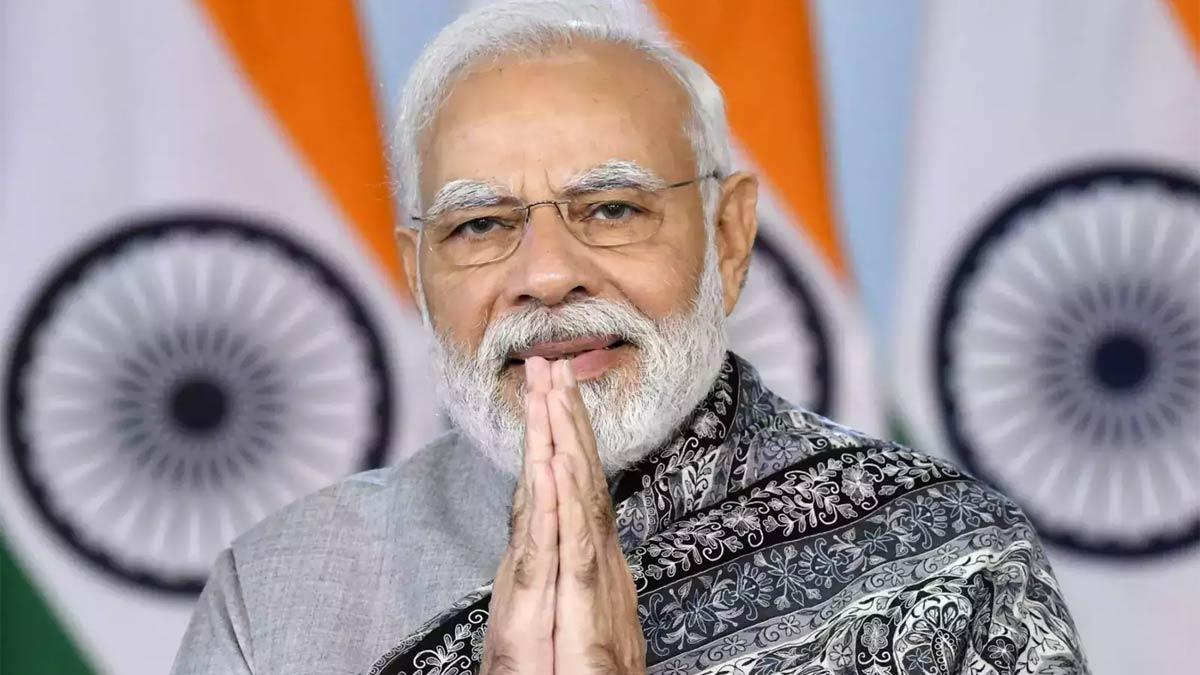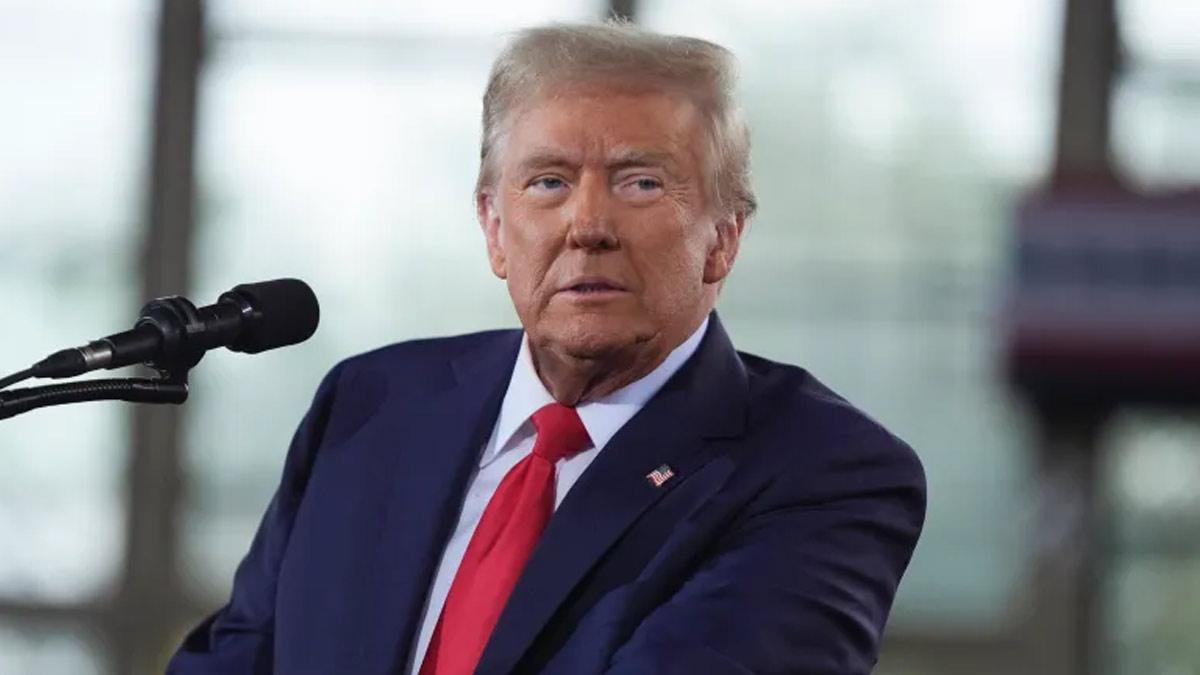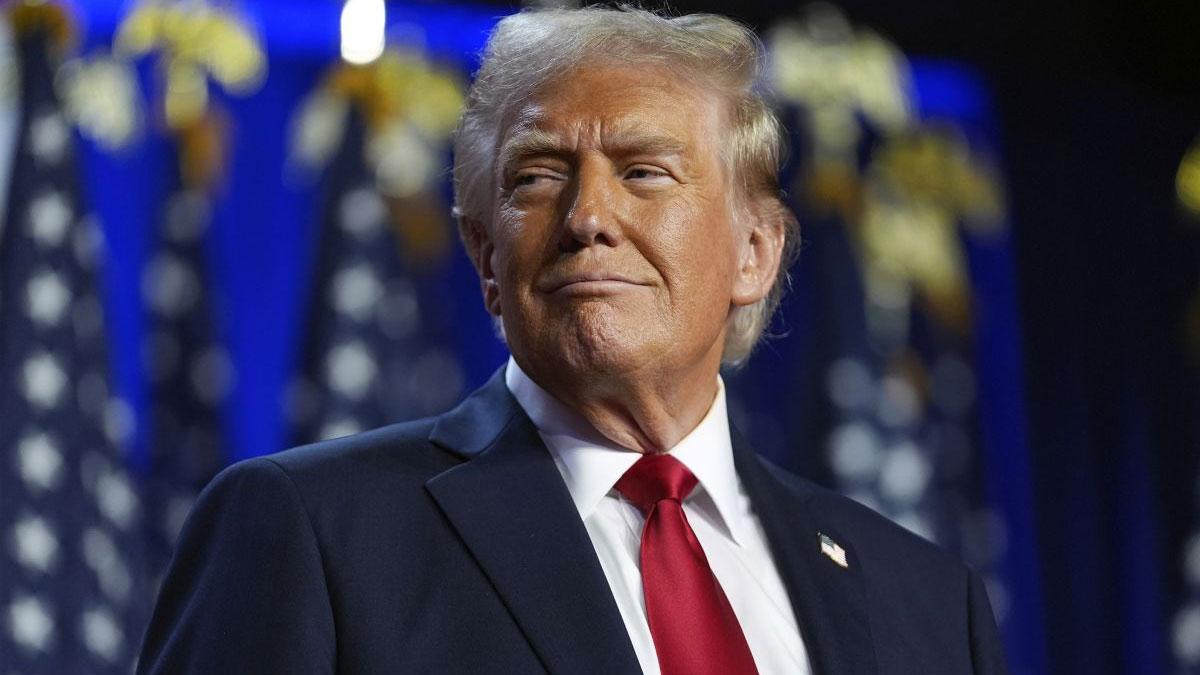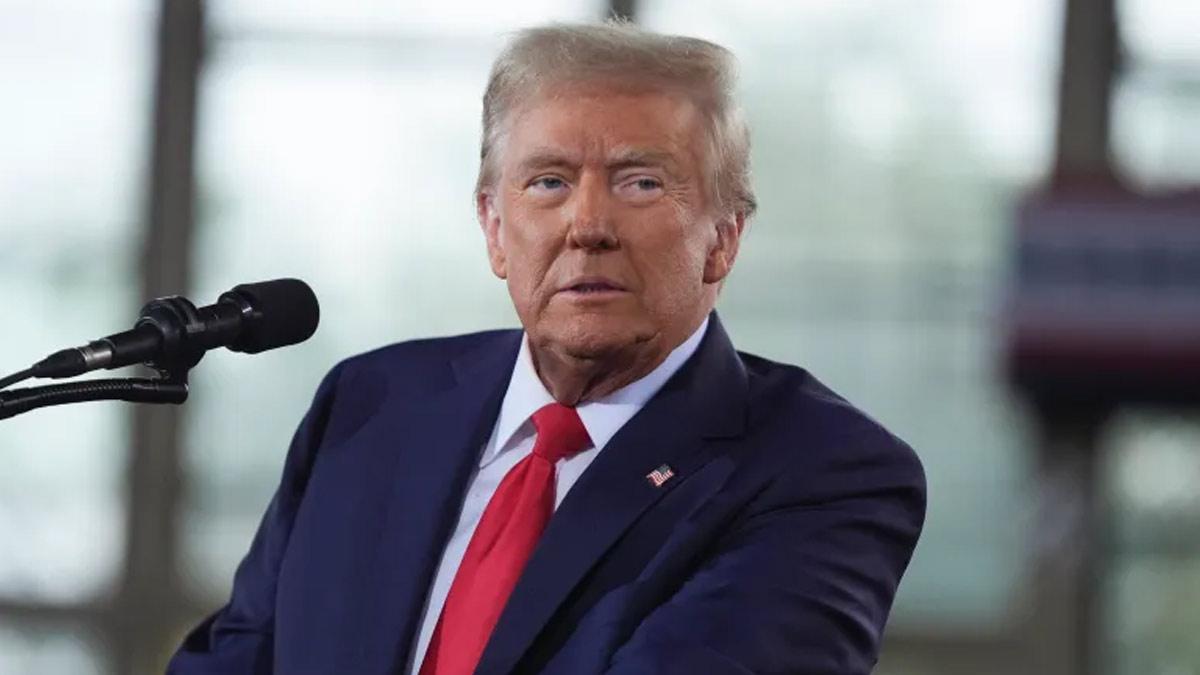In a strategic diplomatic maneuver, the Narendra Modi-led government is weighing the possibility of sending cross-party delegations of Members of Parliament to major world capitals.
The goal: to expose Pakistan’s alleged role in the recent terror strike in Pahalgam and to rally international backing against cross-border terrorism.
These cross-party delegations are being designed as a focused attempt to change world perceptions by showcasing India's version of the story—evidence in hand—to foreign governments and international bodies.
As per official sources, the action follows Islamabad's ongoing efforts to bring international attention towards the Kashmir conflict, especially in the wake of recent statements from U.S. President Donald Trump. India asserts that Kashmir is a bilateral issue between New Delhi and Islamabad only.
If sanctioned, this move would be the first time when the Modi government recruits MPs from all parties to serve as diplomatic emissaries overseas, pushing back against what it perceives as a Pakistani campaign of disinformation.
The effort will fulfill two key aims: to update foreign leaders on the fatal Pahalgam terror attack that left 26 dead, and to explain the goals of 'Operation Sindoor'—which, India claims, was a targeted attack on terror networks in Pakistan-occupied territory and not against civilians.
"The purpose is to dispel the narrative being woven by Pakistan and its enthusiasts," a top official involved in the effort said.
The Ministry of External Affairs is coordinating with intelligence and defence organizations to prepare detailed dossiers and briefing points for the delegations. These will be used to place India's arguments in a clear and credible manner.
Indian missions overseas are also going to have an important role to play by arranging interactions, making arrangements for high-level meetings, and assisting the MPs locally.
The parliamentary emissaries will highlight long-standing evidence of Pakistan's adoption of terrorism as a state-sanctioned tool of attack on India. These include information about militant training camps, recruitment channels, and connections to the Inter-Services Intelligence (ISI).
Secondly, India will emphasize how Pakistan's reaction to 'Operation Sindoor' merely adds more evidence of its role in harboring and coddling terrorist groups.
This diplomatic effort is meant not just to isolate Pakistan internationally but also to support India's narrative before key global summits and bilateral talks.
Read also| Russia-Ukraine Peace Talks Set for Istanbul Despite Ongoing Disagreements


















